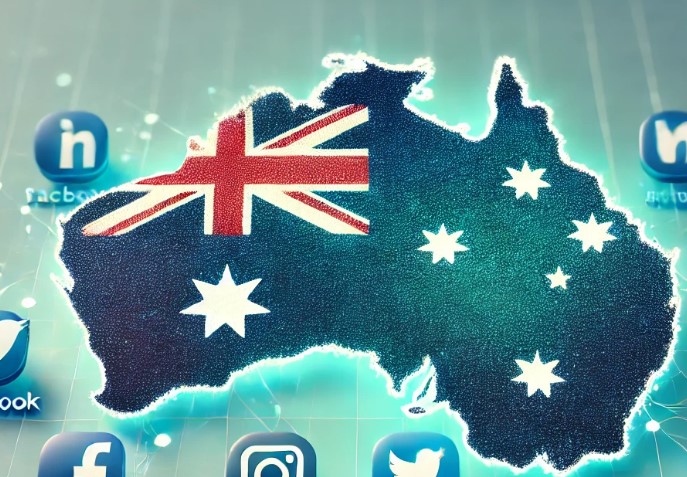Australian Prime Minister Anthony Albanese announced plans to ban children under 16 from using social media, citing potential harm. This proposed legislation would prevent minors from accessing platforms like Facebook, Instagram, and TikTok without exceptions for parental consent. Albanese emphasized the need for protection, saying, “Social media is doing harm to our kids.”
- Australia’s Social Media Ban for Minors Under 16: Prime Minister Albanese’s proposal seeks to prohibit children under 16 from accessing social media platforms like Facebook, Instagram, and TikTok, with no exceptions for parental consent, aiming to protect children from online harm.
- Platform Responsibility for Age Verification: The proposed legislation places the onus on social media platforms to enforce age restrictions, highlighting ongoing challenges in verifying users’ ages and potentially driving young users to unregulated online spaces.
- Industry Concerns and Alternative Approaches: Companies like Meta have voiced concerns about the feasibility of a complete ban and suggest enhanced parental controls as a more balanced alternative to protect minors while allowing limited access.
- Global Context and Enforcement Challenges: Australia’s strict approach reflects growing international scrutiny of social media’s impact on minors, paralleling U.S. state laws that allow for parental consent. However, enforcing these measures effectively remains a challenge, particularly in the absence of reliable age-assurance technology.
The proposal, set to be reviewed by the cabinet, would require platforms to ensure compliance. Sources such as Sky News reported that the legislation aims to redefine age-appropriate content, allowing minors access to educational resources. Australia’s Communications Minister, Michelle Rowland, backed the initiative, highlighting the social responsibility of platforms and their failure to protect children adequately.
The proposed law would take effect 12 months after its passage. It places the responsibility on platforms, not parents, to prevent access by minors. The Australian government sees this as a significant step, though challenges remain in enforcing age verification. The Digital Industry Group (DIGI), representing companies like Meta and Google, expressed concerns that the ban might drive children to unregulated areas of the internet, restricting access to support networks.
In a similar move, several U.S. states enforce social media restrictions for minors but allow parental consent exceptions. U.S. Surgeon General Vivek Murthy previously warned of social media’s risks to minors, urging policymakers to act.
Meta, the parent company of Facebook and Instagram, stated its willingness to comply but pointed out the current limitations of age-assurance technology. Antigone Davis, Meta’s head of safety, suggested that stronger parental controls could be a more effective solution. The debate continues on how to balance protecting children while allowing them access to beneficial online resources.
The Australian government faces pressure to implement this law swiftly, with the opposition urging passage before the end of the parliamentary session. However, the government’s trial on age-assurance technology has yet to report its findings. Albanese acknowledged the challenges, noting that complete prevention might not be achievable but emphasizing the importance of setting societal parameters.

